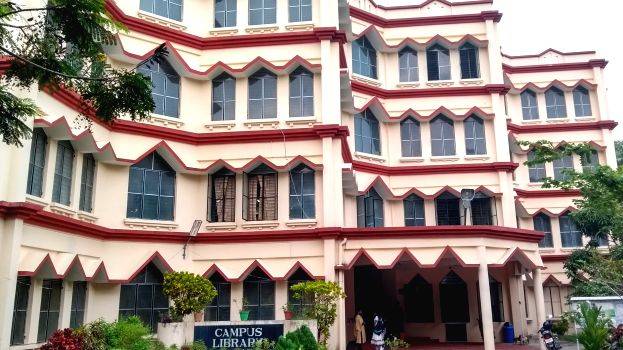

In the meeting of VCs convened by Minister K T Jaleel, who is in charge of higher education department, certain decisions was taken. Among them, the significant one was found to be the decision related to syllabus revision and the conduct of examinations.
The meeting was held at a time when allegations were raised against the standard of studies in State colleges. One of the main suggestions made is the syllabus of graduate courses should be revised every two years.
The PG course syllabus should be revised every three years. Similarly, there should also be revision of syllabus in engineering courses, which has been subjected to standard degradation. The recommendation of the meeting is that syllabus should be renewed every four years.
Engineering colleges are struggling to fill seats with students. The degradation of quality of engineering courses is the reason why the colleges fail to attract students. But, to secure admissions in colleges with qualified teachers and good infrastructure is still difficult. It is colleges other than these that are facing the threat of closure.
Students are migrating to other States only because such colleges have not bothered to think about revising the syllabus. In the State, the seats of vice chancellors in the four universities including technical universities have been lying vacant for the past four months.
This headless state of affairs reflects in the higher education department. This ill-fate is and outcome of universities completely going into the hands of politicians. The education sector had to undergo the undesired effects of political dominance in syndicate and senate. Earlier also, there had been much talks about unified exam calendar and prompt publication of exam results. But even now, universities literally put to test students in the case of the conduct of examination.
The exam dates are often changed not once or twice but a number of times. In many universities, the results are also delayed, making the students wait almost indefinitely.
Complaints also galore in the case of evaluation of answer sheets.
The delay in declaring results and distribution of certificates have also affected further studies of students. Delay in appointment of teachers also affects the standard of teaching. Many colleges depend on the faculty of guest lecturers.
Non-availability of qualified teachers for teaching newly started courses has also been a problem. More than 1000 posts in teachers in government-aided colleges have been remaining vacant.
Without adequate teachers, how is it possible to raise the standard of teaching in colleges?
Recently, there was a news that in the rank list of top 20 universities in India, none of the universities in Kerala was seen. Separate university for various courses were begun with good intentions but those who have reached some reputable standards are self-financing universities.
Now, any achievement in higher education sector will depend upon the implementation of the decisions taken in the meeting of VCs. If earlier experiences are considered, there is no room for much hope.
If syllabus revision and conduct of exams are conducted on time-bound manner, it will be of great help to students. Similarly, vacant VC posts should also be filled with suitable persons. If there are no right persons for it in Kerala, ideal persons can be brought from outside the State.